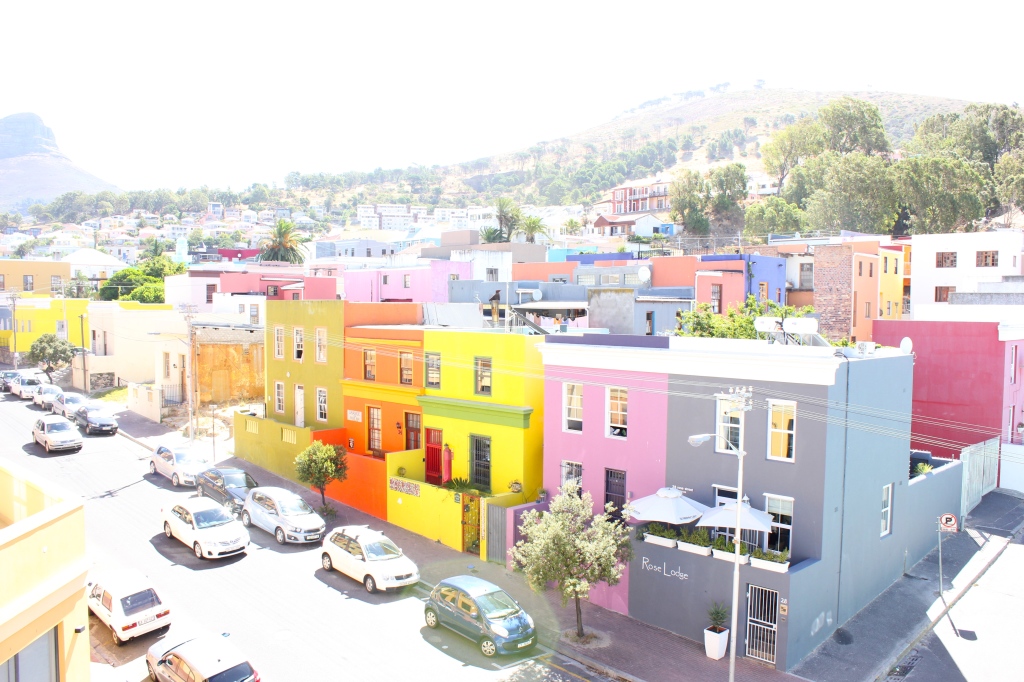Cape Town’s most colourful and diverse community has lost its slave name and is now officially named Bo-Kaap. After a lengthy process to officially change the name from its former Schotschekloof, community members have successfully cemented the heritage of the ‘Malay Quarter’.
Last week, community members were elated when the Minister of Arts and Culture, Nathi Mthethwa approved the application of the Bo-Kaap Civic and Ratepayers’ Association (BKCRA) to rename the area to Bo-Kaap. The decision was subsequently published in the Government Gazette last week.
As a result of continued fears of gentrification throughout the Cape, Bo-Kaap residents have in recent years voiced concern at the erosion of the unique culture that the area is renowned for and decided to take action. Residents applied for the area to be given the status of a heritage site, to have the boundaries clearly demarcated and to officially rename the area.
Formally titled the ‘Malay Quarter’ by slave owners, the community is asserting their will to cement their lived history within the community, while removing the imposition of colonial structures by amalgamating the sectors of Schotschekloof and Bo-Kaap under one name.
Speaking to VOC Breakfast Beat, chairperson of BKCRA, Osman Shaboodien explains that the area was previously divided into three sections; Schotschekloof, Stadzicht and Schoone Kloof.
He says that in light of the numerous names given to the various sectors of the area, the community wanted to amalgamate the different sections and remove the Dutch names, which is closely associated with the history of slavery.
After a gruelling process, which ensured community participation in choosing an official name, Shaboodien affirms that participants overwhelming chose the name Bo-Kaap.
“We had to go through a whole process before the name could be accepted; we had public meetings, surveys, and a period for comments to be sent in. I think 99.9 per cent of the community supports it,” he stated.
Shaboodien asserts that one of the biggest challenges that the community faces is the gentrification of the community.
As a result of the change in fabric of the community, he says that the community has decided to hold onto the heritage of the community through various means.
“We made an application that Bo-Kaap becomes a heritage site, we named the area, and the new boundaries of Bo-Kaap are finally completed,” he added.
Given the momentous occasion, the community will officially celebrate the name change on December 17, 2016, with a “doepmal.”
Shaboodien says that the event will coincide with December 16, which is Reconciliation Day, and will be commemorated as the official day of the renaming of Bo-Kaap. Since December 16, 2016, falls on a Friday this year, celebrations will commence on Saturday, December 17.
“We are going to invite the entire Cape Town and celebrate our heritage.”
He encourages all community members to ensure that their community’s name and road names reflect the will of the people who reside within it and to apply for a rename application if they feel that the memory of their local heroes needs to be immortalised within the community.
“It will be the same process that we went through. So, if you want it, you can do it.”
VOC






 WhatsApp us
WhatsApp us 

